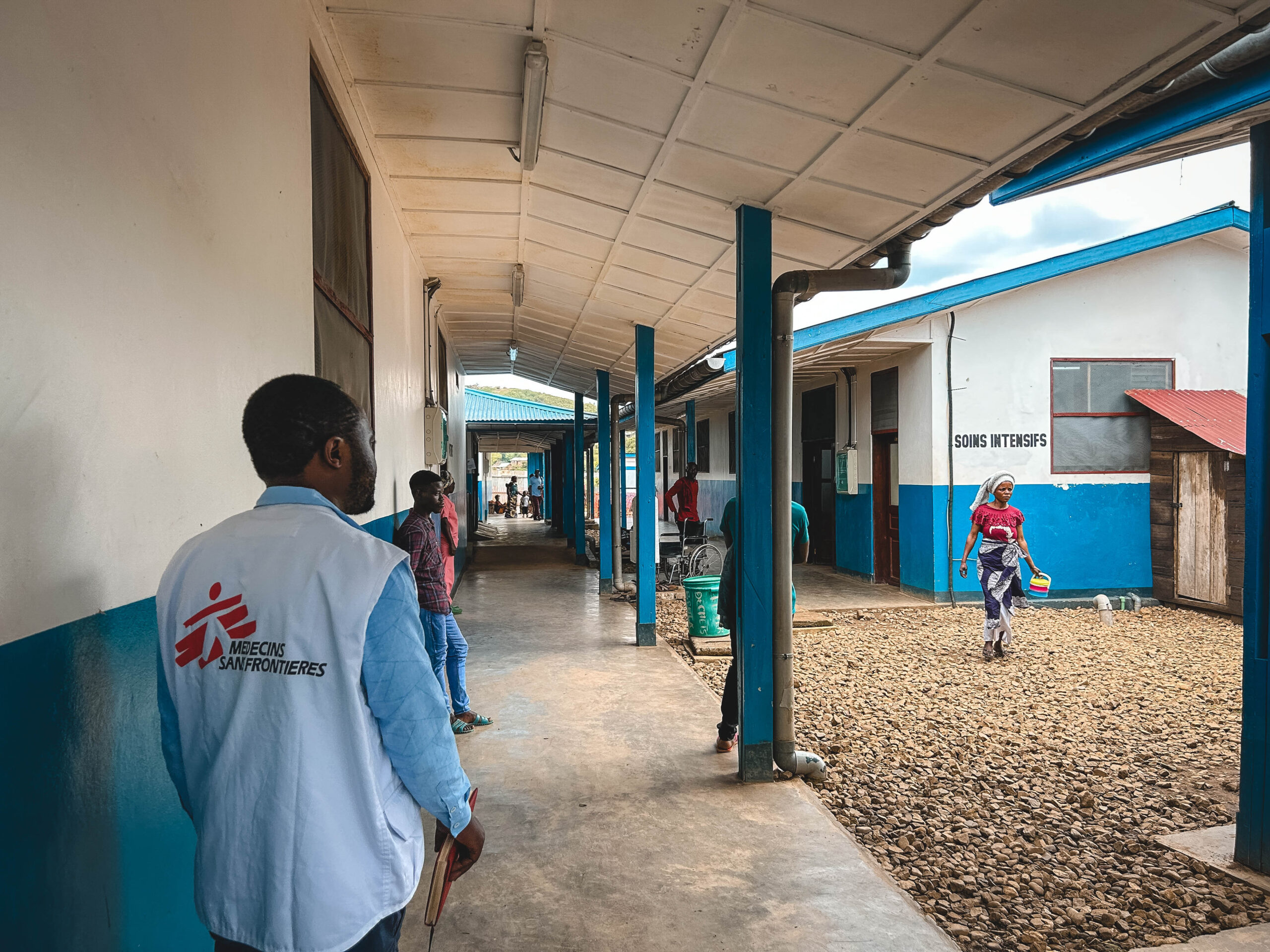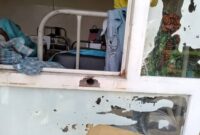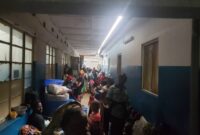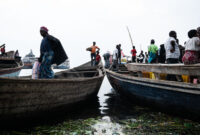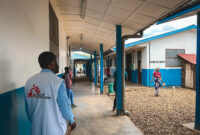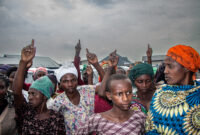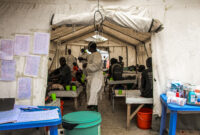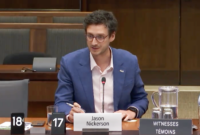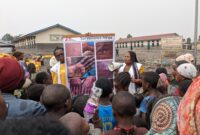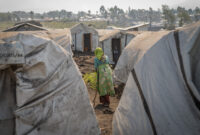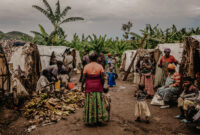North Kivu, DRC: Masisi General Referral Hospital hit again by gunfire leaving two MSF staff slightly injured
Attacks between the M23/AFC and the Congolese army put staff lives at risk.
On Sunday, Jan. 19, two Doctors Without Borders/Médecins Sans Frontières (MSF) workers were slightly injured when a rocket hit the MSF garage next to the Masisi General Referral Hospital (HGR) in the town of Masisi, North Kivu. On the same day, another rocket hit a latrine near the hospital. The hospital and the MSF staff base were also hit by gunshots.
Following this unacceptable situation, MSF reiterates a call for respect for health and humanitarian facilities.
“Where can they protect themselves from the fighting if not in the hospital or in the humanitarian bases? It is essential that the warring parties take all possible precautions to minimize the risks to civilians.”
Romain Briey, MSF field coordinator in Masisi
“We strongly condemn this shooting, which once again affected an area that should be protected under international humanitarian law,” says Stephan Goetghebuer, MSF’s country director in North Kivu. “Fortunately, our two colleagues were only slightly injured, but the toll could have been much higher. Thousands of people are still sheltering inside the hospital and the NGOs compounds, trying to protect themselves from the clashes. We demand that immediate and strict measures be taken to guarantee the safety of the establishment, the humanitarian premises and all the people inside.”
This is the second incident in four days to directly affect the Masisi General Referral Hospital as clashes rage between the M23/AFC and the Congolese army, backed by allied elements, for control of the town of Masisi. On Jan. 16, two civilians were shot in front of the hospital, one of them fatally.
“Patients, Ministry of Health and MSF staff, and the thousands of displaced people currently living in the hospital—the vast majority of whom are women and children—are extremely worried by these repeated incidents,” says Romain Briey, MSF’s field coordinator in Masisi. “Where can they protect themselves from the fighting if not in the hospital or in the humanitarian bases? It is essential that the warring parties take all possible precautions to minimize the risks to civilians. We would like to remind everyone that protected infrastructure—hospitals, health centres and NGO bases—must be spared from shelling and that no armed elements should be deployed near these facilities.”
MSF teams have been supporting the Ministry of Health in Masisi since 2007. MSF currently supports the Masisi General Referral Hospital, the Nyabiondo Referal Health Centre and several other isolated health centres.
